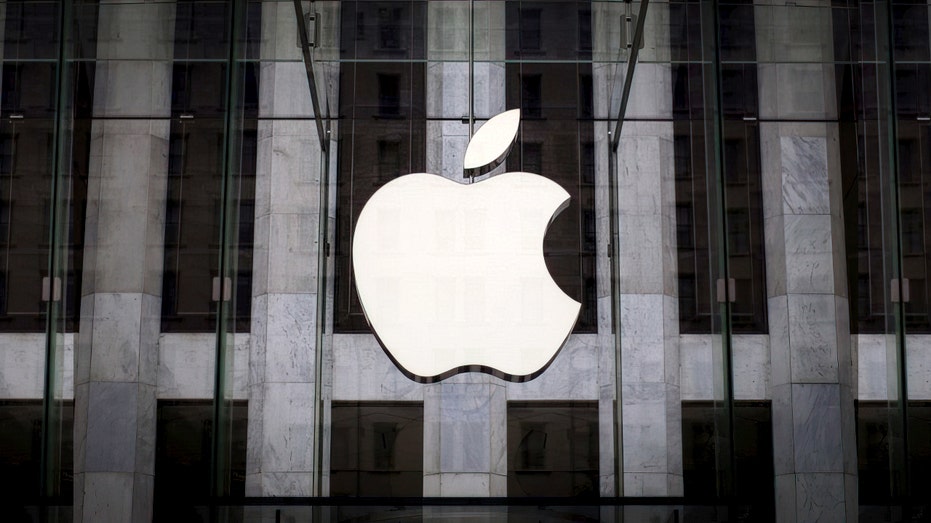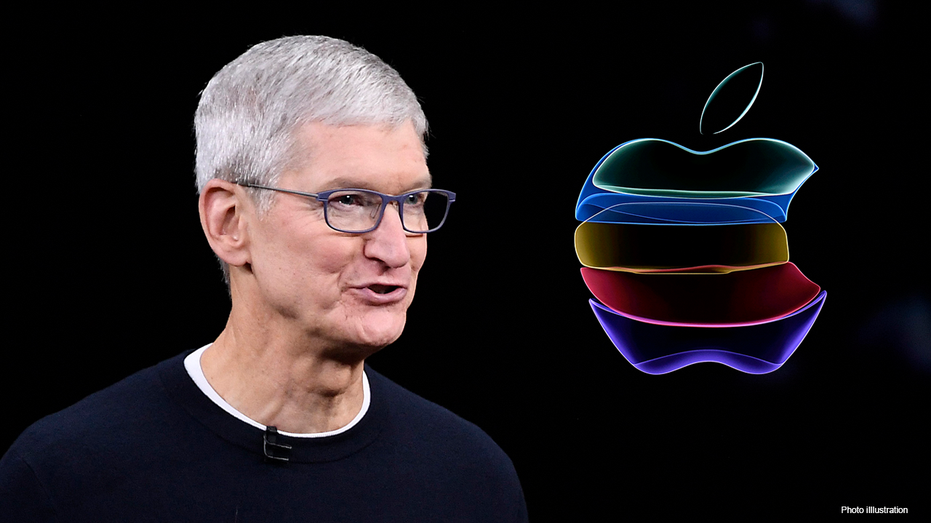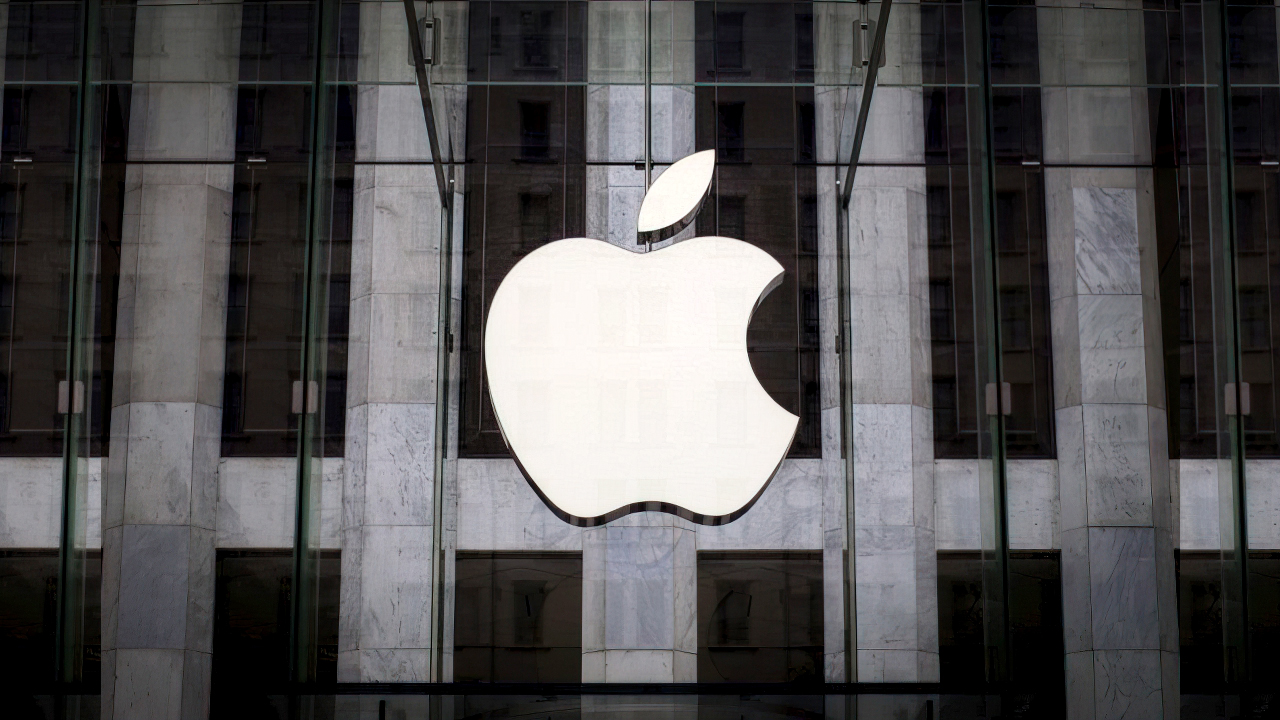Apple boosting pay budget for workers amid tight labor market
The iPhone maker faces store unionization attempts, higher inflation
Apple Inc. is boosting pay for workers amid rising inflation, a tight labor market and unionization pushes among hourly store employees.
The iPhone maker on Wednesday told employees in an email that the company is increasing its overall compensation budget. Starting pay for hourly workers in the U.S. will rise to $22 an hour, or higher based upon the market, a 45% increase from 2018. Starting salaries in the U.S. are also expected to increase.
GET FOX BUSINESS ON THE GO BY CLICKING HERE
"Supporting and retaining the best team members in the world enables us to deliver the best, most innovative, products and services for our customers," an Apple spokesman said in a statement. "This year as part of our annual performance review process, we’re increasing our overall compensation budget."
Apple’s plans are just the latest by companies fighting to keep talent. Microsoft Corp. told workers this month that the company would almost double its global budget for merit-based salary raises.

An Apple logo hangs above the entrance to the Apple store on 5th Avenue in the Manhattan borough of New York City. (REUTERS/Mike Segar/File Photo / Reuters Photos)
In recent months, Apple has been facing unusual labor unrest. That discontent has spanned from front-line store retail workers agitating for unionization to salaried engineers unhappy with the company's plans to return to office.
Some workers, including those hourly employees in its stores and AppleCare, were told their annual reviews would be moved up three months and that their pay increases would take effect in early July, according to a memo reviewed by The Wall Street Journal. The normal review process coincides with the end of Apple’s fiscal year in the fall.
APPLE'S EVOLUTION FROM STEVE JOBS TO TIM COOK
Those workers were told the company’s increased compensation budget would be in addition to pay increases and special awards already received within the past year.
Facing a war for talent, tech companies have also seen their biggest compensation tools—stock awards—hindered by a downturn in company valuations. Apple shares have fallen 21% this year through Wednesday’s close.

Apple CEO Tim Cook (Getty Images / Getty Images)
That decline has knocked Apple from its perch as the world’s most valuable publicly traded company.
The tech giant has seen incredible growth in the past two years. Sales of iPhones, laptops and tablets to workers and students quarantining at home during the pandemic helped fuel record profit for Apple.
APPLE STORE IN MARYLAND SETS DATE FOR UNION ELECTION
The company had been taking steps to improve its compensation plan, including special cash bonuses and money for home equipment.
The Labor Department last month said U.S. business and government employers spent 4.5% more on worker costs in the first three months of the year, the fastest rise since 2001 and exceeding the fourth quarter’s 4.0% annual growth. However, those dollars aren’t going far when inflation is considered. Adjusted for inflation, private-sector wages and salaries fell during the period.
| Ticker | Security | Last | Change | Change % |
|---|---|---|---|---|
| AAPL | APPLE INC. | 278.12 | +2.21 | +0.80% |
Last week, Apple paused plans to call salaried workers back to the office for at least three days a week as Covid-19 cases rose in California. The company was one of the first to send workers home in early 2020 as the pandemic spread around the world and has been a high-profile example of the challenges of bringing workers back to the office as coronavirus variants flare up and as some workers push for greater flexibility to continue working remotely.
The pandemic era has also seen a renewed push by labor to unionize at boldface companies, including Amazon.com Inc., and Starbucks Corp. Retail workers at various Apple stores in the U.S., including in New York City, are trying to mobilize their own effort.
CLICK HERE TO READ MORE ON FOX BUSINESS
Last year, Apple’s median compensation was $68,254, according to a regulatory filing. Chief Executive Tim Cook received almost $100 million; he has said he plans to donate most of his wealth to philanthropic causes.
Write to Tim Higgins at Tim.Higgins@WSJ.com




















